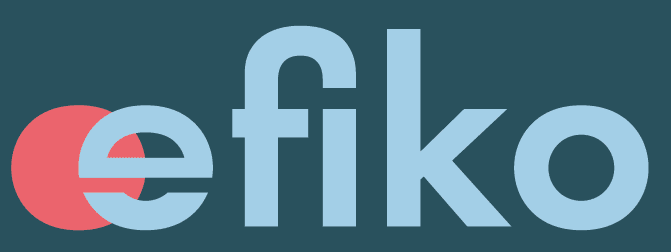About The Client
Finance&invest.brussels (FIB) is a public investment company dedicated to supporting businesses creating value in the Brussels Region. They offer a range of financial solutions, including loans, equity investments, and guarantees at key business stages for start-ups, scale-ups and SMEs alike with a focus on driving sustainable economic growth in the region.
The Challenge
As an investment company with a public mandate, FIB plays a critical role in realising the region’s sustainability ambitions, making Brussels an attractive hub for green start-ups and scale-ups. This mission requires FIB to internalise state-of-the-art impact finance best practices in order to support a more just, fair and sustainable economy. Therefore, FIB’s COO Franc Bogovic put impact training on the agenda to bring his colleagues on the same page on topics like impact measurement and impact deal structuring.

"When impact and ESG matters are discussed, we need everyone on our investment team to be able to confidently apply the latest best-practices."
COO
The Solution
The finance&invest.brussels team undertook two trainings: one on how to structure hybrid impact investments and one on impact measurement applying the Principles of Social Value. Both were provided in a hybrid format, combining self-paced e-learning modules with live training sessions to allow for interaction with Efiko’s experts.
“What I particularly liked was the e-learning platform itself. It was user-friendly, easy to navigate, well-structured, and presented in digestible, bite-sized chunks. Unlike other training sessions with lengthy team calls and improvised breakout discussions, this platform stood out positively,” Franc explained.
Embracing impact training
The decision to put impact training on the FIB agenda serves a dual objective. Firstly, it promotes a shared language, fostering consistent communication on complex topics. Secondly, it helps to broaden the team’s perspective and embrace new best practices.
When discussing financial concepts like subordinate mezzanine loans, there’s a myriad of possibilities. It’s crucial for everyone to start using the same language, and appreciate the creative potential to structure deals that really meet social businesses’ needs.

“It's crucial for everyone to start using the same language, ensuring consistency in impact and sustainability terminology.”
COO
“Imagine, if I were to announce the inclusion of impact best effort clauses into our contracts, without any training. Likely, many team members would find it confusing and question the rationale behind the decision,” according to Franc Bogovic.
Exploring impact-linked and blended finance
“It was beneficial to engage in discussions with the trainers, gaining insights into their perspectives on impact investing, particularly focusing on Brussels and the diverse options within that context”, Antoine Kuypers explains.
During a role-playing exercise, the team members navigated scenarios involving a regular VC player, a public actor and a corporate impact investor. “In the live sessions, we experienced first-hand how public capital can leverage private investments in a blended financing structure,” Antoine added.

“The sessions offered a good opportunity to engage with the trainers and learn from their view on impact investing - this came at the right moment for us.”
Investment Manager
“From the training, I took with me the idea of using impact results as a positive, motivating mechanism as opposed to a negative, sanctioning one. Today, the norm is to set sanctions when certain impact KPIs are not achieved. However, a positive financial reward can bring a more constructive dimension to impact investing”, Antoine explains.
Application across the portfolio
“While it was intriguing to explore how impact measurement is applied in practice for impact ventures, we requested to extend the case study to non-impact-first companies in our portfolio. Examining three companies, namely a strongly impact-driven one, an intermediary case, and a company with no apparent impact link, has provided a thorough understanding to set robust impact KPIs for our entire portfolio and valuable insights to integrate impact in companies where it may not be immediately evident," says Quentin Stevenart.

“The training prepared us to better understand the complexity of measuring impact. I believe the approach will smoothen our transition and bring the team closer together to implement more innovative practices.”
Senior Sustainability and Investment Analyst
“I’m genuinely pleased with the progress we’ve made, and consider this as a strong starting point for the team. Overall, I believe we’ve navigated well, considering the circumstances. I’m glad we are doing this together with Efiko,” Franc Bogovic concluded.
Check out the courses

Structuring Hybrid Impact Investments

Impact Measurement: Applying the Principles of Social Value and SROI

